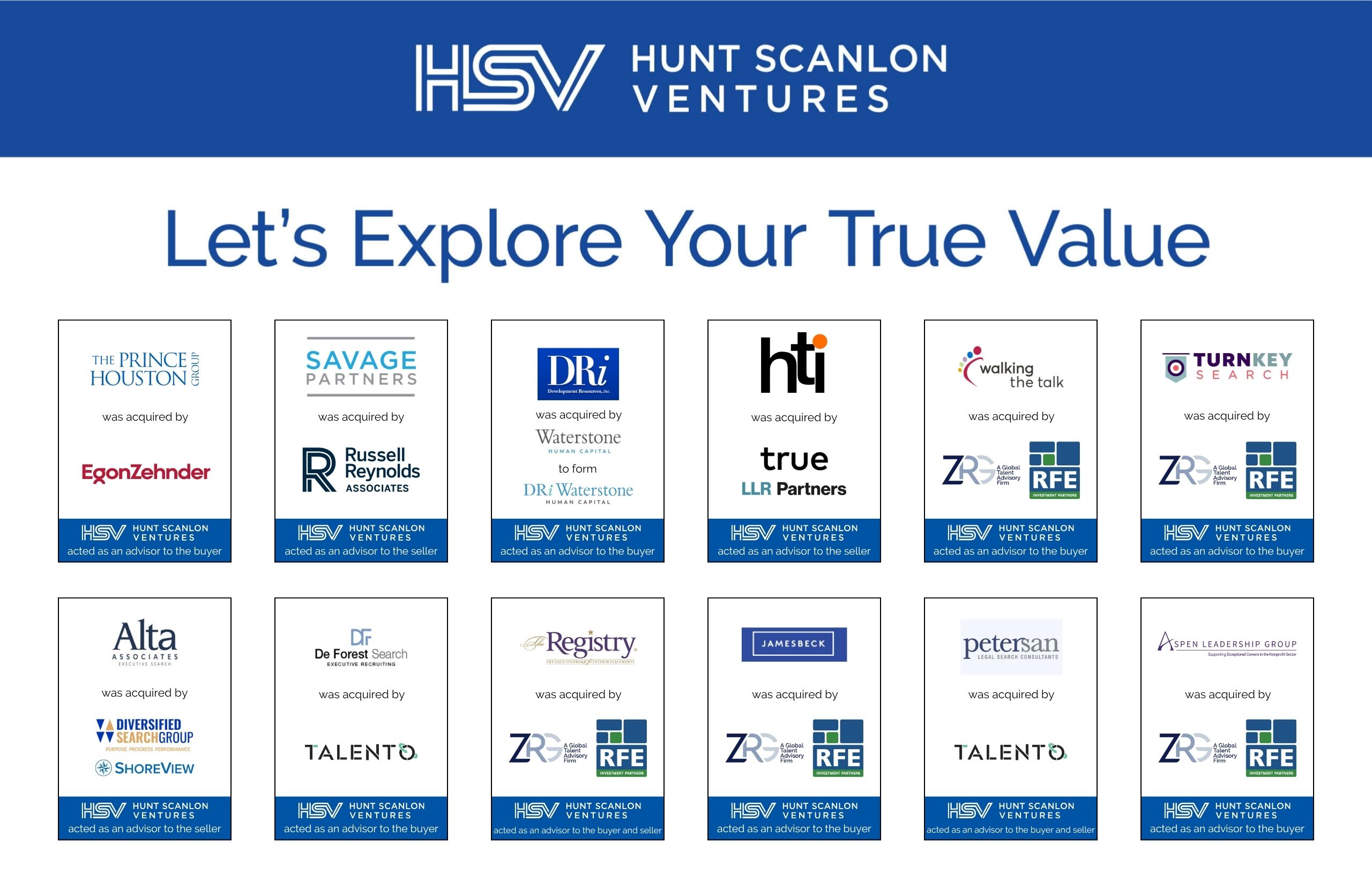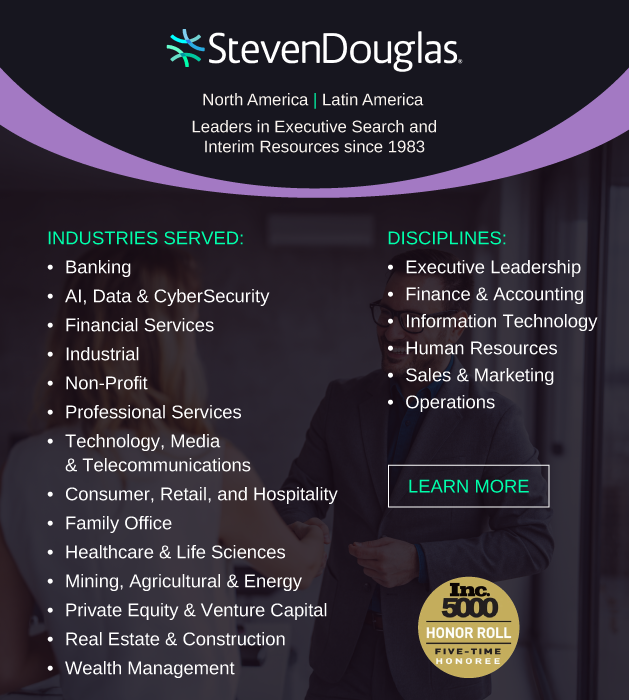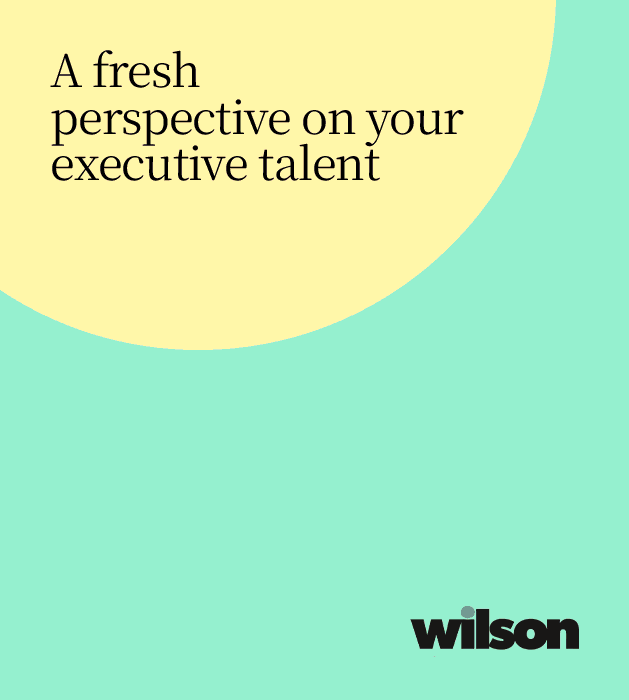Generative AI is on track to becoming the most pivotal advancement for business in more than four decades. The vertical is deeply complex, with trailblazers in the space racing to produce foundation models, tooling, and applications that will disrupt and revolutionize by bringing efficiency and scale to the companies they serve.
To be sure, generative-relevant use cases already present a significant enterprise opportunity, which according to Pitchbook is expected to grow to more than $42 billion globally this year and nearly $100 billion by 2026. Natural language interfaces are expected to offer the largest market for applications like customer service and sales automation.
One key player to emerge is AiFlow, an innovative AI-driven market research platform designed to automate competitor analysis and market research for private equity firms.
Co-founders Nick Manske and Josh Gardner believe their platform will give PE firms a distinct competitive edge by offering more efficient and accurate ways to source and analyze information. This, they say, will enable private equity dealmakers to make more informed investment decisions, shorten due diligence time, and ultimately gain a competitive advantage in the market.
So far, private equity seems to agree. Since raising their seed round in conjunction with Y-Combinator Demo Day on April 6, AiFlow has lined up more than 73 private equity firms requesting demos.
Following are excerpts from a recent discussion with the AiFlow founders that we think you’ll find fascinating. If you’d prefer to listen to the discussion, you can do so here:
Nick, how does AiFlow’s market research platform provide PE firms with a competitive edge in making better investment decisions?
Our AI-driven platform uses large language models to automate the entire process of gathering, analyzing, and synthesizing market intelligence data on target firms and competitors. This not only saves time but also provides more objective analysis, free from bias. We don’t care whether your deal moves forward. Our focus instead is putting organized data at your fingertips, empowering you to make the best decision.
Josh, in what ways can AiFlow help private equity firms expedite their decision-making process. And how does it ensure the accuracy of the insights generated?
PE dealmakers can consider 100x more data, compare more benchmarks, and ultimately consider 10x more deals. Our platform uses cutting-edge machine learning and text validation techniques to maintain the accuracy of the insights generated while constantly adapting to new data sources.
Nick, how does AiFlow address potential biases in traditional market research and competitor analysis methods, ensuring objective and reliable results for private equity firms?
Our algorithms are trained on extensive datasets, allowing them to uncover patterns and trends without being swayed by subjective opinions or personal biases. Unlike a human, our software doesn’t start research with a pre-defined hypothesis, and it doesn’t get fatigued. It will read through hundreds of thousands of reviews about your target acquisition and its 10 competitors, and objectively present a quantitatively-backed executive summary.
“PE dealmakers can consider 100x more data, compare more benchmarks, and ultimately consider 10x more deals.”
Josh, can you provide examples of how AiFlow has helped private equity firms make more profitable investment decisions, streamline their processes, and gain an advantage in the market?
While we can’t disclose specific client information, we are currently working with three large-cap private equity firms with over $300B AUM to streamline their processes by automating competitor analysis and market research tasks. This has enabled them to make more informed investment decisions, shorten due diligence time, and ultimately gain a competitive advantage in the market.
Nick, how can AiFlow’s platform free up analysts’ time, allowing them to focus on higher-value tasks and strategic decision-making within private equity firms?
We free up analysts to concentrate on higher-value tasks like strategic decision-making, relationship building, and deal negotiation, instead of reading through hundreds of thousands of reviews, news articles, and web metadata. Over the next few years, I predict much less analyst churn for our clients. Their analysts’ days will be more intellectually stimulating and they can focus on higher level tasks.
Josh, what measures does AiFlow take to ensure data security, protecting private equity firms’ internal data from breaches and preventing it from being used to train AI language models?
We’re building strong measures to protect private equity firms’ internal data from breaches and unauthorized access, including secure cloud storage, data encryption, and stringent access controls. We do not use private equity firms’ internal data to train AI language models, thereby preserving the confidentiality and integrity of their information. Our clients’ trust is of utmost importance.
“We free up analysts to concentrate on higher-value tasks like strategic decision-making, relationship building, and deal negotiation, instead of reading through hundreds of thousands of reviews, news articles, and web metadata.”
So, Nick, how does AiFlow’s technology adapt to the ever-changing private equity landscape, ensuring that firms receive up-to-date and relevant insights for their investment decisions?
Our tech continues to evolve to keep pace with the PE landscape, so we’re constantly incorporating new data sources into our product. This industry has never been more competitive. We want to help our clients stay ahead of the competition.”
Josh, what differentiates AiFlow from other AI-driven research and analytics tools in the market, and how do you specifically cater to the unique needs of private equity firms?
Our specific focus is market intelligence and competitor analysis, and we are scaling to be capable of processing larger volumes of data and generating insights across a broader range of industries and markets. We expect other tech firms to specialize in other workflows, such as legal or accounting diligence. This specialization allows us to provide more accurate, relevant, and actionable insights.
Nick, are there any upcoming features or services that AiFlow is developing to further enhance its value proposition for private equity firms, helping them make more profitable decisions and stay ahead in the market?
Our top priorities are integrating new data sources, advanced analytics and visualization tools, and fine-tuning our language models based on usage and outcome to further improve the accuracy of the insights generated.
To learn more, please visit aiflow.solutions.
Article By

Scott A. Scanlon
Scott A. Scanlon is Co-CEO of Hunt Scanlon Ventures, which was formed to assist human capital firms realize their full investment potential. Scott has spent the last three years building the firm’s M&A advisory unit, which now offers a full range of critical solutions to guide founders and their management teams to successful exits. Connect with Scott.






